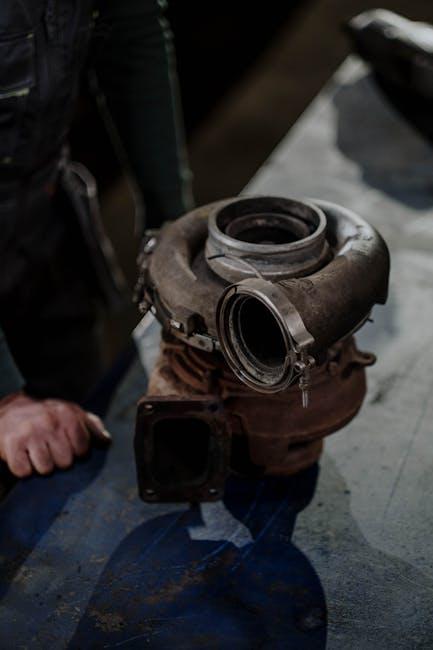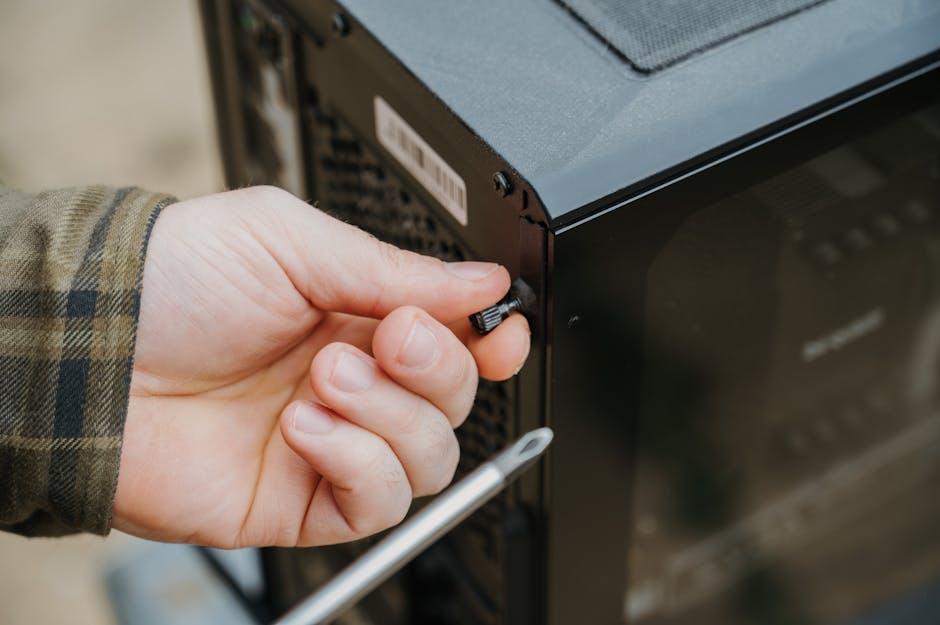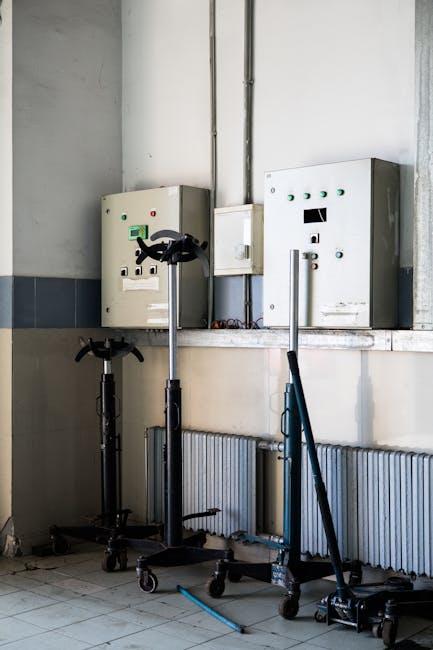On the planet of energy instruments, the age-old debate between air instruments and electrical instruments continues to ignite passionate discussions amongst professionals and DIY fans alike. Every kind brings its personal distinctive strengths, quirks, and purposes to the desk—very like a talented artist selecting between brushes and pencils. However in terms of deciding on the proper energy device to your subsequent undertaking, the choice isn’t at all times simple. This text delves into the important traits, benefits, and limitations of each air and electrical instruments, serving to you navigate the toolbox panorama with readability and confidence. Whether or not you are a seasoned craftsman or a weekend warrior, understanding the nuances of those instruments will empower you to choose the right accomplice to your work.
Desk of Contents
- Air Instruments and Electrical Instruments Uncovered Exploring Effectivity and Energy in Totally different Work Environments
- Sturdiness and Upkeep Evaluating Lifespan and Maintenance Necessities for Lengthy-Time period Use
- Price Concerns Balancing Preliminary Funding with Working Bills
- Selecting the Proper Software Matching Your Venture Wants with Efficiency and Comfort
- In Abstract

Air Instruments and Electrical Instruments Uncovered Exploring Effectivity and Energy in Totally different Work Environments
When deciding between air instruments and their electrical counterparts, understanding their operational environments is essential. Air instruments, powered by compressed air, excel in heavy-duty settings like automotive retailers and manufacturing vegetation. Their design affords superior torque and sturdiness, making them supreme for repetitive duties that require constant energy with out the chance of overheating. These instruments additionally are typically lighter for the reason that motor is eliminated, enhancing person consolation throughout lengthy work periods. Nevertheless, they require a stationary air compressor setup, limiting portability and quick comfort.
Electrical instruments, then again, present versatility and mobility, suited to each indoor and outside environments the place entry to energy sources varies. Corded electrical instruments ship constant energy, whereas cordless variants provide freedom of motion, making them widespread for dwelling enchancment tasks and building websites. Their effectivity usually relies on battery life and motor know-how, which have quickly improved in recent times. To succinctly evaluate, take into account the next:
- Air Instruments: Excessive torque, light-weight, depending on compressor, supreme for prolonged industrial use.
- Electrical Instruments: Transportable, user-friendly, requires charging or energy outlet, versatile purposes.
| Side | Air Instruments | Electrical Instruments |
|---|---|---|
| Energy Supply | Compressed air | Electrical energy (corded/cordless) |
| Portability | Low (depending on compressor) | Excessive (particularly cordless) |
| Upkeep | Medium (compressor maintenance) | Low to medium (battery care) |
| Greatest Suited For | Heavy industrial use | Normal objective & DIY |

Sturdiness and Upkeep Evaluating Lifespan and Maintenance Necessities for Lengthy-Time period Use
With regards to longevity, air instruments usually outlast their electrical counterparts. Constructed with fewer digital elements, they’re much less liable to points attributable to mud, moisture, or temperature fluctuations. Their strong steel housing and simple mechanics make them favorites in demanding industrial environments. Nevertheless, this sturdiness comes with a caveat: correct upkeep is crucial to stop corrosion and guarantee seamless operation. Common oiling and cleansing can dramatically prolong the lifespan of pneumatic instruments, protecting them battle-ready for years.
Electrical instruments, whereas usually extra compact and light-weight, typically have a shorter lifespan resulting from their reliance on motors and digital circuitry. They require periodic battery care or wire inspections to keep away from energy failures. On the maintenance entrance, they profit from much less intensive upkeep routines than air instruments, primarily consisting of protecting contacts clear and making certain battery well being. Under is a fast comparability to information your upkeep technique:
| Side | Air Instruments | Electrical Instruments |
|---|---|---|
| Typical Lifespan | 10+ years with care | 5-7 years common |
| Key Upkeep Duties |
|
|
| Inclined to | Corrosion, moisture | Motor burnout, battery put on |

Price Concerns Balancing Preliminary Funding with Working Bills
When investing in energy instruments, understanding the monetary panorama past the sticker value is essential. Air instruments usually require the next preliminary outlay, primarily since you want a compressor to energy them. This provides important prices upfront, however the sturdiness and sometimes less complicated mechanics of air instruments imply fewer replacements and repairs down the road. Then again, electrical instruments often have a decrease entry value, making them enticing for hobbyists or small-scale utilization, however they may contain extra frequent upkeep and better electrical energy consumption as ongoing bills.
To get a clearer image, take into account the next comparability of typical prices:
| Expense Class | Air Instruments | Electrical Instruments |
|---|---|---|
| Preliminary Buy | Excessive (Compressor included) | Average to Low |
| Working Price | Low (Air compressor electrical energy value solely) | Average to Excessive (Direct electrical energy use) |
| Upkeep | Minimal (Much less complicated elements) | Common (Battery replacements, motor maintenance) |
| Lifespan | Lengthy-lasting with correct care | Variable primarily based on utilization |
Finally, balancing the upfront funding with operational prices relies on your utilization frequency, energy calls for, and willingness to carry out common upkeep. For instance, in case your tasks demand heavy-duty duties usually, air instruments is perhaps a wiser long-term funding regardless of the preliminary expense. Conversely, if comfort and portability are paramount, electrical instruments usually match the invoice, albeit with some trade-offs in long-run working prices.

Selecting the Proper Software Matching Your Venture Wants with Efficiency and Comfort
With regards to deciding on the right energy device to your undertaking, it’s important to stability efficiency capabilities and ease of use. Air instruments usually thrive in demanding environments the place steady energy supply and sturdiness are key. Their design usually leads to better torque and lighter weight, making them supreme for prolonged use in automotive retailers or heavy-duty building duties. Nevertheless, these instruments require a dependable air compressor setup, which may add to the preliminary funding and restrict portability. Then again, electrical instruments provide unmatched comfort and accessibility, powered simply by plugging into an outlet or utilizing a chargeable battery. They’re versatile sufficient for dwelling customers or professionals who want mobility with out sacrificing an excessive amount of energy.
Contemplate the specifics of your undertaking and dealing circumstances earlier than deciding. Right here’s a fast look at how these two classes stack up:
| Side | Air Instruments | Electrical Instruments |
|---|---|---|
| Energy Supply | Compressed air | Electrical energy/battery |
| Portability | Restricted (wants compressor) | Excessive (cordless choices obtainable) |
| Upkeep | Requires common lubrication | Minimal, principally battery care |
| Ultimate Use | Heavy-duty, steady duties | Normal use, precision, portability |
| Preliminary Price | Increased (compressor included) | Decrease to reasonable |
- Consider workspace constraints: Is your setting mounted or cellular?
- Venture frequency: Will you be utilizing instruments day by day or often?
- Energy wants: Are excessive torque and sustained power important?
In Abstract
In the long run, whether or not you attain for an air device or an electrical device relies on the calls for of your undertaking and the setting you’re employed in. Every choice brings its personal strengths—air instruments provide strong energy and sturdiness, whereas electrical instruments ship versatility and comfort. By understanding the distinctive qualities of each, you may make an knowledgeable resolution that not solely suits your present wants but additionally units you up for fulfillment in all of your future duties. In spite of everything, the proper energy device is much less concerning the model on the field and extra concerning the device that greatest powers your creativity and craftsmanship.



